On the morning of November 4, at the National Assembly House, continuing the 8th Session Program, under the chairmanship of National Assembly Chairman Tran Thanh Man, the National Assembly discussed in the hall the assessment of the results of the implementation of the socio -economic development plan in 2024; and the expected socio-economic development plan in 2025.
Participating in giving comments, National Assembly Deputy Mai Van Hai, Provincial Party Committee member, Deputy Head of the National Assembly Delegation of Thanh Hoa highly agreed with the Government's report, the Economic Committee's verification report on the implementation of the 2024 socio-economic development plan, and the projected 2025 socio-economic development plan.
The report shows that under the leadership of the Central Government, the Government and the Prime Minister have directed and managed very closely, resolutely, flexibly and creatively, together with the efforts of the people and businesses, our country's economy has recovered and developed rapidly, with many bright spots in socio-economic development in 2024; 14/15 targets have been achieved and exceeded the set plan. Typically, such as high economic growth rate compared to countries in the region and in the world ; inflation is controlled; major balances are ensured; investment in infrastructure construction continues to be strongly promoted, creating a clear breakthrough in the construction of highways, the 500 KV power line project, circuit 3, construction in 6 months basically completed, this is unprecedented and also shows us valuable lessons in leadership and direction of investment in construction of key national projects.
In addition, the Government's report also clearly stated the shortcomings, limitations, causes, and main tasks of 2025. Delegate Mai Van Hai mentioned two issues:
Regarding agriculture and new rural construction (NRC): Despite natural disasters, storms, floods, and unfavorable weather conditions, agricultural, forestry, and fishery production still has a fairly high growth rate; food security is ensured, continuing to promote restructuring of the agricultural sector towards developing ecological agricultural economy, green agriculture, circular agriculture, increasing added value, associated with NRD; The One Commune One Product (OCOP) program continues to be implemented by localities, increasingly creating many quality products, increasing the value of products...
But besides that, agricultural production is still fragmented, small-scale, economic efficiency is not high, a part of the people are not interested in the fields. New Rural Development still has some problems such as: the results of communes meeting the New Rural Development standards in some areas are still large differences, the recessed areas are still the provinces in the Northern mountainous region and the Central Highlands; the participation of some local Party committees and authorities is not really drastic, the New Rural Development movement in some localities has signs of slowing down; economic development and income improvement for rural people have not improved much; maintaining and improving the quality of New Rural Development criteria has not received due attention. The results of implementing specialized programs to support the implementation of the New Rural Development program in some localities have not received due attention, the implementation progress is slow.
From the above issues, delegate Mai Van Hai proposed a number of issues, namely: Proposing that the Government and the Ministry of Agriculture and Rural Development need to direct more strongly the restructuring of the agricultural sector towards large-scale commodity production, high added value, associated with building new rural areas, advanced new rural areas, and model new rural areas. Overcoming the situation of fragmented production, promptly completing documents guiding the implementation of the Land Law 2024, especially documents under the authority of localities, to accelerate the process of land accumulation and concentration, expanding production scale, applying high technology, and good production practices in agriculture.
Continue to effectively implement the movement "the whole country joins hands to build new rural areas", effectively implement the Law on Democracy at the grassroots level, mobilize maximum resources, especially resources from the people, combine and integrate resources from programs and projects from the 3 National Target Programs, to invest in building infrastructure, develop effective production models, create livelihoods and increase income for people. Research and consider adding capital to support the implementation of the National Target Program for communes that have not met the new rural standards, especially communes in mountainous areas, remote and isolated areas that still face many difficulties.
Directing the implementation of specialized programs to support the implementation of the New Rural Development Program, in which it is necessary to identify the One Commune One Product Program as one of the key specialized programs, to standardize and improve the quality and value of products in agricultural and handicraft production, associated with the production process in rural areas; having specific policies for small and micro enterprises, cooperatives, and households to innovate technology, build OCOP products to have linkages in production, creating many OCOP products with high added value.
Regarding the pilot implementation of some specific mechanisms and policies: Through studying the Government's reports assessing the 3 years of implementing the National Assembly's Resolution on specific mechanisms and policies of 4 localities: Hai Phong City, Can Tho, Thanh Hoa and Thua Thien Hue, it shows the determination of the Government, ministries and localities in directing the implementation of mechanisms and implementing specific mechanisms and policies, which have created changes in awareness and responsibility of all levels and sectors. Policies related to the fields of finance and investment, related to decentralization and authorization in land management and planning management have been and are promoting quite good efficiency, contributing to unlocking resources and advantages of each locality, initially making an important contribution to promoting socio-economic development of localities.
In addition, there are still some specific mechanisms and policies that have not achieved the desired results and have not created breakthrough momentum for the provinces; the mechanisms are not comprehensive enough and not strong enough to mobilize resources. To supplement some mechanisms to be more comprehensive, at the 7th session of the National Assembly, Nghe An was allowed to pilot the implementation of some specific mechanisms and policies.
With the above issues, it is proposed that the National Assembly allow Thanh Hoa and other provinces and cities, after the Government has reviewed and evaluated them for 3 years, to develop and pilot a number of specific policy mechanisms to create conditions for localities to mobilize all resources, exploit all potential advantages for investment and development, and soon complete the goals assigned by the Resolution of the Politburo.
Quoc Huong
Source: https://baothanhhoa.vn/dbqh-mai-van-hai-doan-dbqh-tinh-thanh-hoa-de-nghi-chinh-phu-chi-dao-quyet-liet-hon-nua-tai-co-cau-nganh-nong-nghiep-229414.htm


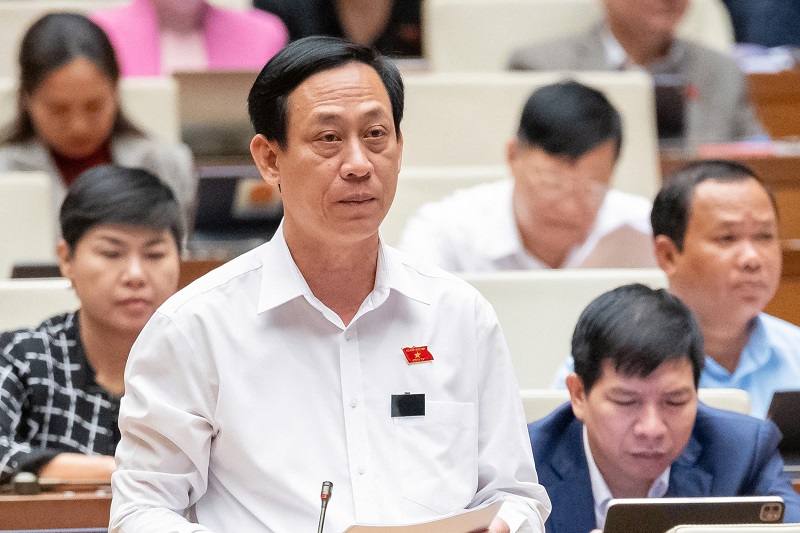

![[Photo] Prime Minister Pham Minh Chinh launched a peak emulation campaign to achieve achievements in celebration of the 14th National Party Congress](https://vphoto.vietnam.vn/thumb/1200x675/vietnam/resource/IMAGE/2025/10/5/8869ec5cdbc740f58fbf2ae73f065076)


![[Photo] Prime Minister Pham Minh Chinh chairs the Government's online conference with localities](https://vphoto.vietnam.vn/thumb/1200x675/vietnam/resource/IMAGE/2025/10/5/264793cfb4404c63a701d235ff43e1bd)

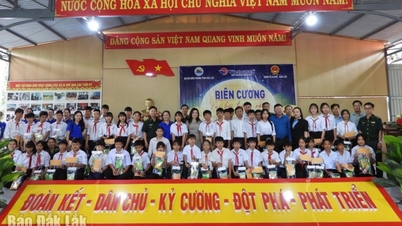



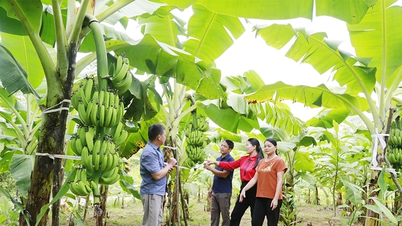







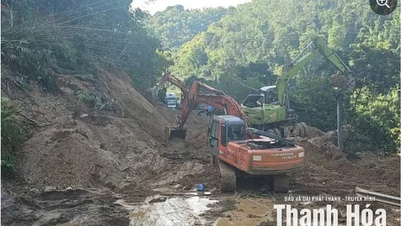

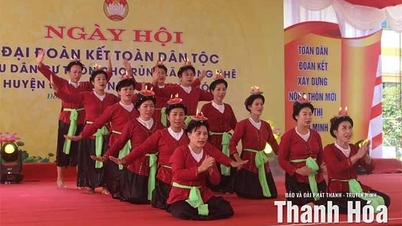

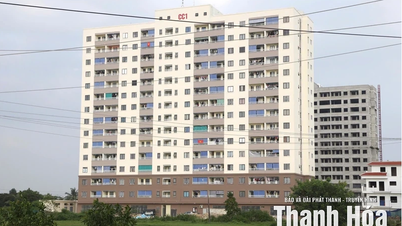
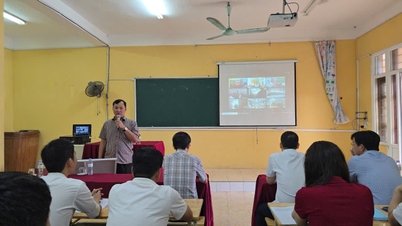






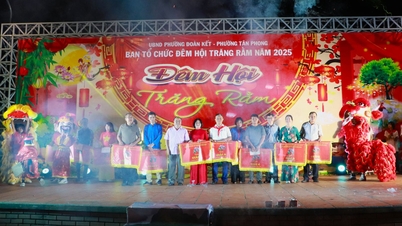

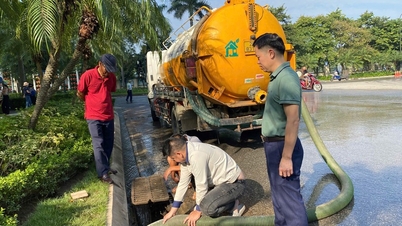
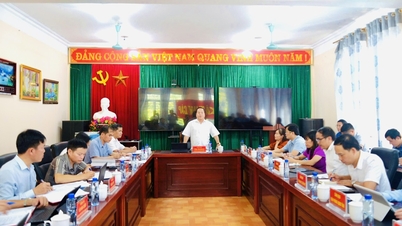

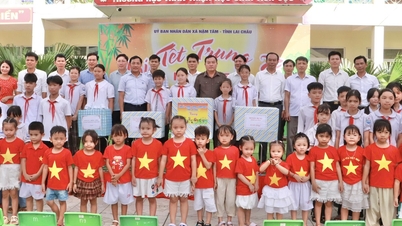

























![[VIDEO] Summary of Petrovietnam's 50th Anniversary Ceremony](https://vphoto.vietnam.vn/thumb/402x226/vietnam/resource/IMAGE/2025/10/4/abe133bdb8114793a16d4fe3e5bd0f12)

![[VIDEO] GENERAL SECRETARY TO LAM AWARDS PETROVIETNAM 8 GOLDEN WORDS: "PIONEER - EXCELLENT - SUSTAINABLE - GLOBAL"](https://vphoto.vietnam.vn/thumb/402x226/vietnam/resource/IMAGE/2025/7/23/c2fdb48863e846cfa9fb8e6ea9cf44e7)














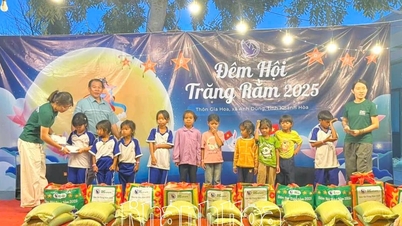



















Comment (0)